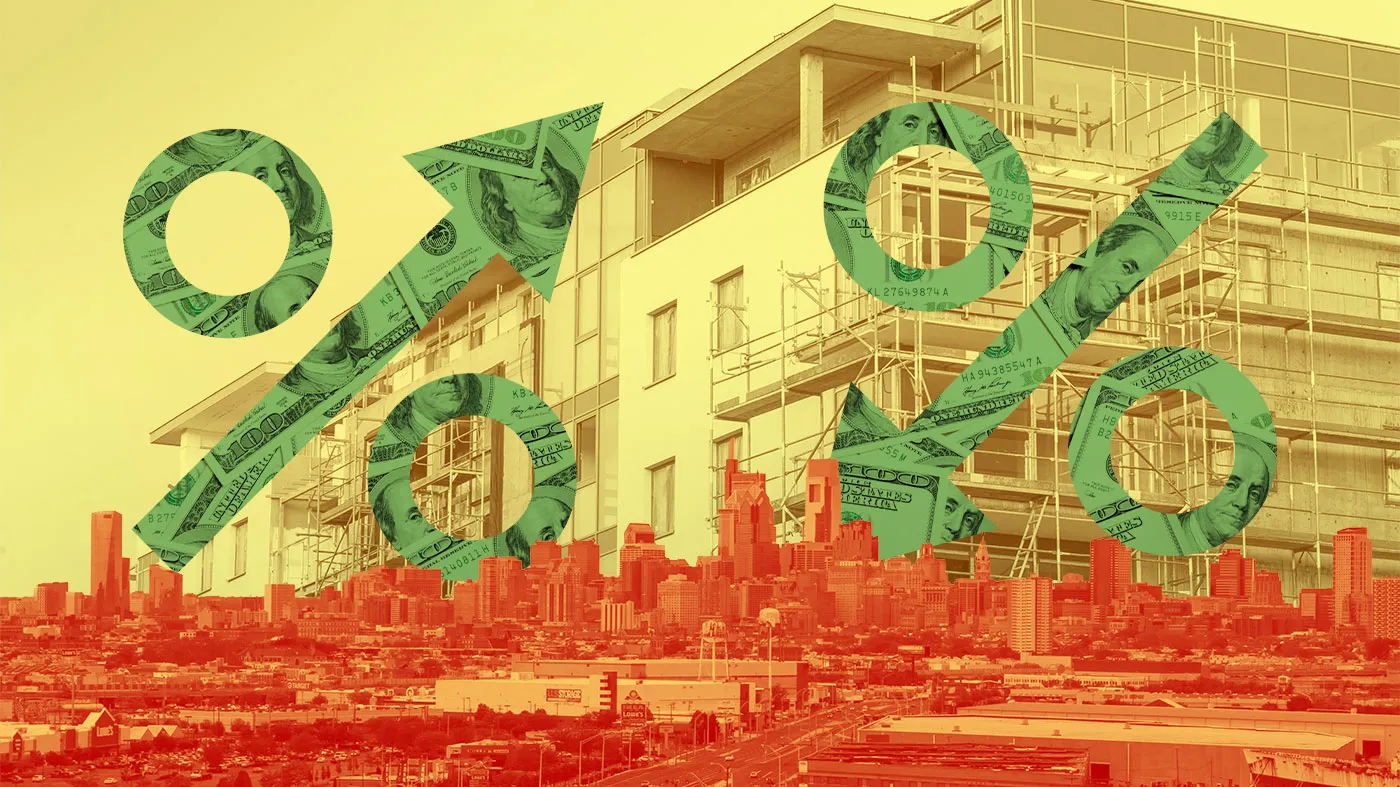Policymakers Address Housing Affordability Amid Uncertain Future of Cities

Housing Affordability and Economic Recovery
With growing concerns about housing affordability, recent reports highlight a troubling trend: American cities are facing serious challenges post-pandemic. The U.S. housing shortage has reached staggering levels, with a deficit of 4.5 million homes, presenting profound implications for families and local economies. Lawmakers are advocating for the Low-Income Housing Tax Credit (LIHTC) to stimulate affordable housing creation, while solutions like property tax abatements are emerging as potential catalysts for new developments.
Innovative Policy Solutions
Inclusionary zoning policies mandate that new housing developments allocate a portion for low-income families. Cities such as Seattle demonstrate success with these measures, though challenges persist. The debate continues whether such policies hinder overall housing production or effectively improve living conditions for low- and middle-income households.
Conversion and Development Trends
Amid rising vacancy rates in commercial properties, cities are exploring commercial to residential conversions to address the housing crisis. However, developers face hurdles related to zoning and renovation costs. Despite the challenges, inclusive policies that prioritize affordability are gaining attention in an increasingly competitive housing market.
This article was prepared using information from open sources in accordance with the principles of Ethical Policy. The editorial team is not responsible for absolute accuracy, as it relies on data from the sources referenced.